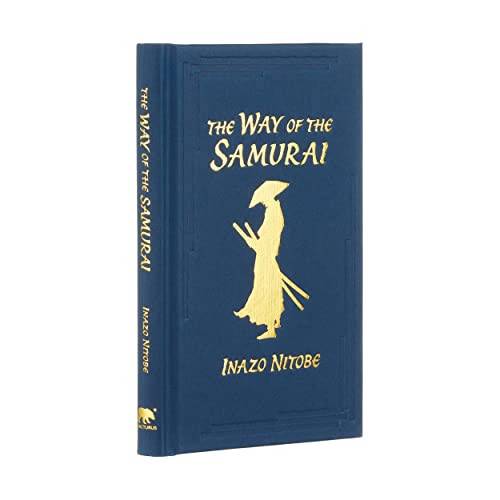Saburo Sakai is Japan's greatest fighter pilot to survive World War II, and his powerful memoir has proven to be one of the most popular and enduring books ever written on the Pacific war. First published in English in 1957, it gave Americans new perspectives on the air war and on the Japanese pilots who, until then, had been perceived in the United States as mere caricatures. Today, the books remains a valuable eyewitness account of some of the most famous battles in history and a moving, personal story of a courageous naval aviator.
A living legend, Sakai engaged in more than two hundred dogfights, from the Philippines to Iwo Jima, and was the only Japanese ace never to lose a wingman in combat. By way's end he reportedly had shot down sixty-four Allied planes. Although this number cannot be confirmed, Sakai's exploits in the air were extraordinary by any standards. His most renowned accomplishment, an epic of aviation survival, occurred after action over Guadalcanal in August 1942. Partially paralyzed and nearly blind from multiple wounds, he managed to fly 560 miles to Rabaul and safely land his crippled Zero.
Here, Sakai offers a full account of his experiences, modestly recalling his rise from an impoverished childhood to feats of mythic proportions. And because he shares his innermost thoughts with his readers, the book not only provides rare insights into the Samurai character but also describes with complete honestly the human emotions common to warriors of all causes.
Barrett Tillman's introduction to this new Naval Institute Press Classics of Naval Literature edition put the memoir in historical context for today's readers.
Saburo Sakai was born into an impoverished Samurai family in 1916. Faced with the prospects of a desolate rural life, he enlisted in the Imperial Japanese Navy at sixteen. By 1937 he had graduated at the top of this his enlisted pilot-training class, and he quickly saw combat in China. By the end of World War II he had logged 3,700 flight hours, including some 1,500 hours in the Zero.












